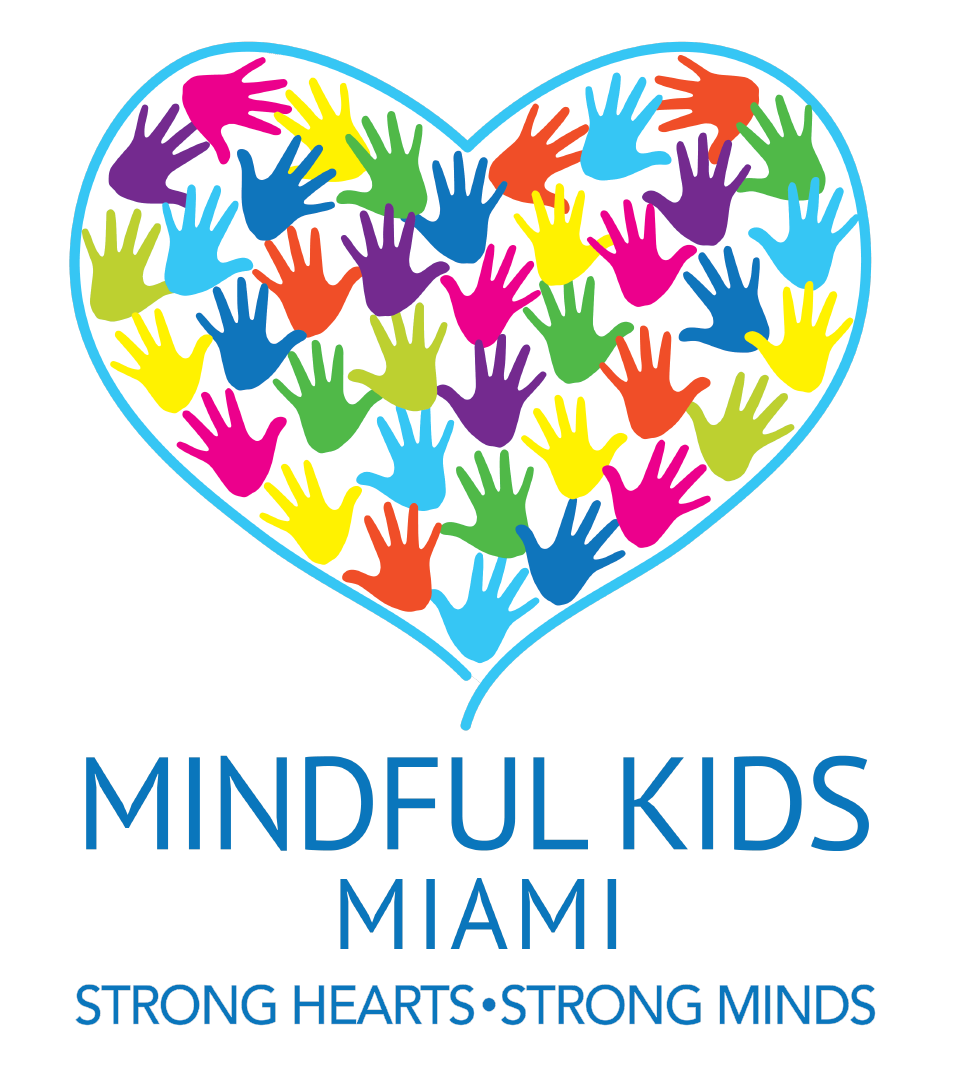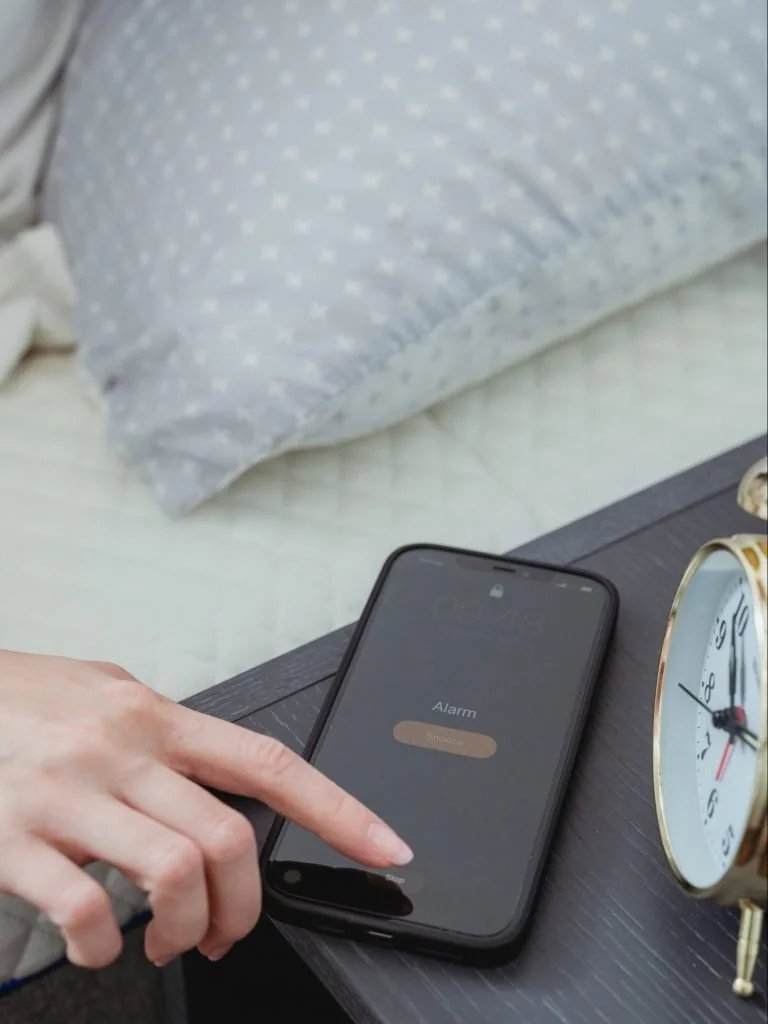A 3-Minute Mindfulness Practice to Start Your Day
Oftentimes, mindfulness practice is associated with the idea of remaining still and listening to a guided practice uninterrupted for up to 45 minutes. While being able to carve that much time to your mindfulness practices each day is great – it often can be hard to pull off as our daily lives become more jam-packed and pressed for time.Mindfulness doesn’t have to be complicated or stressful, and in fact, it shouldn’t be. Surprisingly enough, you can see changes in your daily life and stress levels by simply adding a 3-minute mindfulness practice to the start of your day.Here is a short practice to help you improve your mindfulness skills and still make it to work on-time.
Unpacking 3-Minute Breathing
The 3-Minute Breathing Space (3MBS) is a practice that is one of the foundational practices in many Mindfulness-Based Cognitive Therapy Programs. It was designed to help provide a structure for ‘noting, grounding, and allowing’ in the midst of a challenging situation. It’s a great practice to incorporate not only to the start of your day, but also in the middle of it. Being just three minutes, allows you to take that moment you need to recenter while navigating your day’s experiences. The 3-Minute Breathing Space
Attend to what it is. The invitation is to bring attention to the experience in a broad manner, noting it but without feeling the need to change it. We can then hold these experiences, feelings, and thoughts like a container.
Focus on the breath. Focusing your attention on your breath, in this step you are invited to start letting go of that big container. In the first step, you were wide, and this step you are narrow.
Attend to the body. Widening your attention afresh, allow yourself to become aware of any sensations in the body as a whole.
By shifting your focus in and out, you are able to move your attention in targeted ways to better flow throughout the day.In a matter of 3 minutes, your attention moves quite a bit. Why is this helpful? When we’re caught in multitasking or automatic routines, our attention can be scattered, and intentionality is not there. This practice can help you find grounding in times when you may feel disconnected. We invite you to practice this often. For further exploration of Mindfulness-Based Cognitive Therapy, click here to check out our 8-week series.

